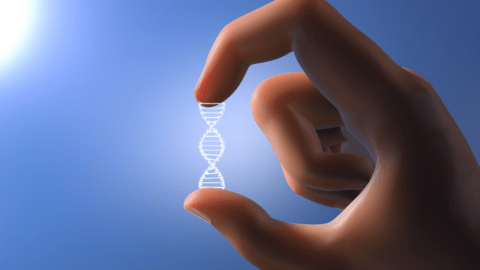Dealing with Mood and Weight during Menopause
by Vanita Dahia
Menopause can be a rather debilitating period in a woman’s life. The natural absence of menstrual periods, most often around 50 years of age, for 2 years is defined as menopause. Perimenopause is the period of transition leading up to menopause. During this time the ovaries gradually begin to make less estrogen and progesterone.
The multifactorial effect of changes in sex hormones affect mood, weight, skin, and sexual interest. We need to have open conversations about how hormones work at almost all organ systems. This is why a woman skin starts to wrinkle, or she can’t sleep as soundly. Early signs of the transition to menopause may include irregular menstrual cycles, hot flushes, night sweats, insomnia, forgetfulness, tearfulness, anger or irritability, anxiety, acne, migraines, weight gain, vaginal dryness and changes in sexual function.
The sex hormones speak directly to neurotransmitters to calm the mind or excite the libido.
Why weight gain during Menopause?
Weight gain is a common symptom of menopause. It is estimated that about 70% of women gain weight during menopause. The amount of weight gain can vary, but it is typically around 5-10 pounds.
There are a number of factors that can contribute to weight gain during menopause, including:
- Decreased estrogen levels: Estrogen helps to regulate metabolism and fat storage. When estrogen levels decline, it can lead to increased fat storage, particularly around the abdomen.
- Age-related changes: As we age, our metabolism slows down. This means that we burn fewer calories at rest, which can make it more difficult to lose weight.
- Lack of exercise: Exercise helps to burn calories and build muscle. Muscle tissue burns more calories than fat, so having less muscle can lead to weight gain.
- Stress: Stress can lead to increased levels of the hormone cortisol, which can also promote weight gain.
- Poor sleep: Poor sleep can also lead to weight gain. When we don’t get enough sleep, our bodies produce more of the hormone ghrelin, which makes us feel hungry.
Simple steps to manage weight gain during menopause
If you are experiencing weight gain during menopause, there are a number of things you can do to manage it, including:
- Eat a healthy diet: A healthy diet includes plenty of fruits, vegetables, and whole grains. It is also important to limit processed foods, sugary drinks, and unhealthy fats.
- Exercise regularly: Aim for at least 30 minutes of moderate-intensity exercise most days of the week.
- Get enough sleep: Most adults need 7-8 hours of sleep per night.
- Manage stress: Find healthy ways to manage stress, such as yoga, meditation, or spending time in nature.
- Talk to your doctor: If you are struggling to manage your weight, talk to your doctor. They can help you develop a personalized plan to help you reach your goals.
It is important to remember that weight gain during menopause is a normal part of aging. However, there are things you can do to manage it and stay healthy.
Educational Webinar
Dealing with Mood and Weight during Menopause
In this webinar, you will learn:
- The play of hormones in peri-menopause and menopause
- How hormones affect mood
- What causes painful intercourse after menopause
- Can menopause cause hair loss, acne or hives?
- How to measure hormones to diagnose menopause
- How to regain optimal hormone levels to ride though menopause without the symptoms
Test for Female Hormones
Test for Female Hormones – PMS, Menopause, PCOS, Endometriosis, Fertility






